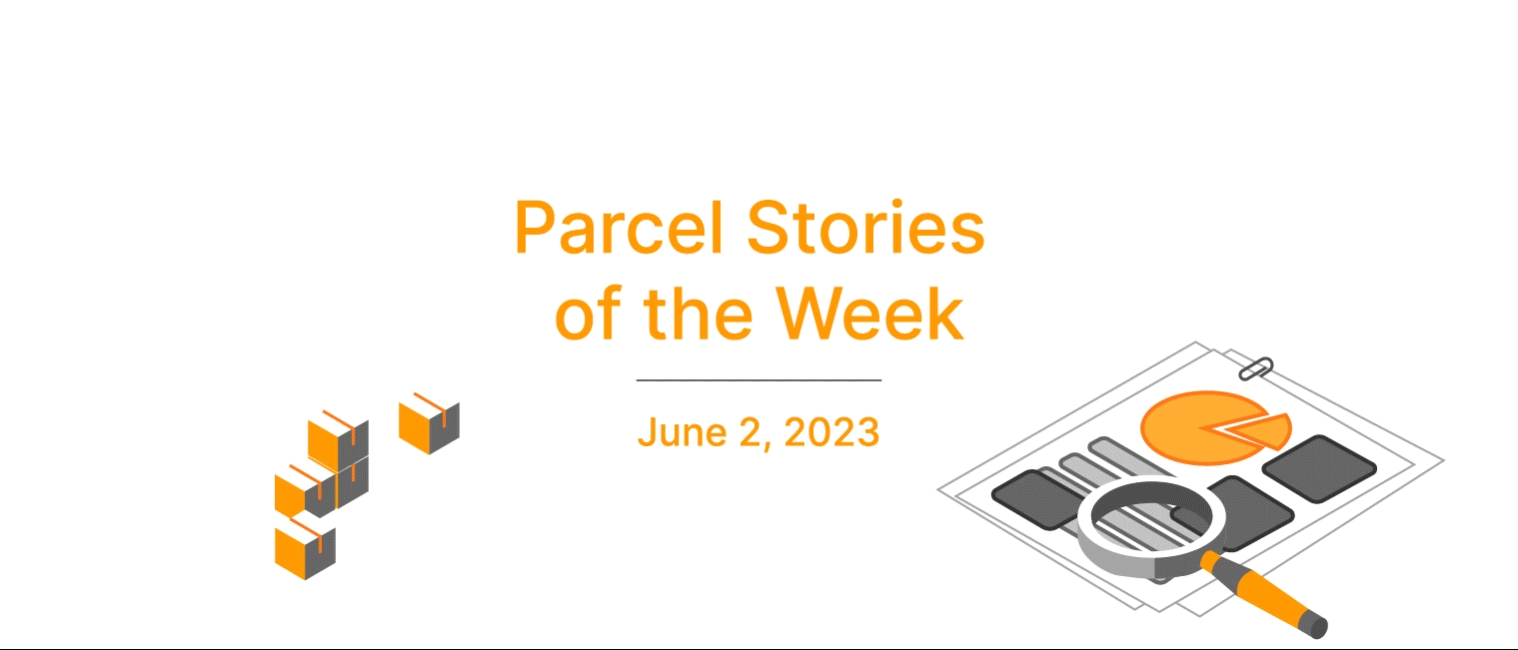This week in parcel, Teamsters and UPS make progress in their contract negotiations, but shippers should still watch out for potential service disruptions.
FedEx adds an emissions tracking tool for shippers, although it has limitations.
UPS and Teamsters make progress, then take a break
The negotiations between the Teamsters Union and UPS have progressed, with the two sides coming to a tentative agreement to keep more SurePost packages in the UPS ecosystem. The package size of shipments eligible to be handed off to the U.S. Postal Service will shrink, allowing union members to deliver more packages.
After reaching this agreement, the two sides agreed to take a break from national negotiations until June 5. Instead, they will iron out the final two supplemental negotiations.
While this progress is small, it’s not the only agreement the two sides have reached early in the negotiations.
Read more on the SurePost agreement here.
FedEx adds emissions tracking tool for shippers
FedEx has added an emissions tracker for shippers. The tool is tied to movement of a package throughout the carrier’s network.
Called Sustainability Insights, the tool adds no additional costs and is intended to give businesses a better understanding of their environmental impact through their shipments. Emissions can be tracked in real time, as well.
The tool might give incomplete information, however. Shipments outside the U.S. and Canada might not show because of “system incompatibility.”
In addition to transportation emissions, the tool will also track non-transport emissions, like energy usage at FedEx facilities.
Learn more about the carrier’s efforts to make emissions more transparent here.
Reverse logistics market continues to grow and is projected to reach $2.9 trillion by 2032
As e-commerce continues to expand, so does the reverse logistics market, which is expected to grow at a 12% rate over the next 10 years.
Reverse logistics includes everything from resale and storage to recycling planning and pollution compliance. One of the more notable reverse logistics operations is automation technology. Sectors such as electronics and pharmaceuticals, as well as many others, have begun relying on reverse logistics.
Most notable, however, is the proliferation of automation technology, which is widely used in private industry. Increasingly widespread use in the public sector is further contributing to its growth.
Learn more here.


